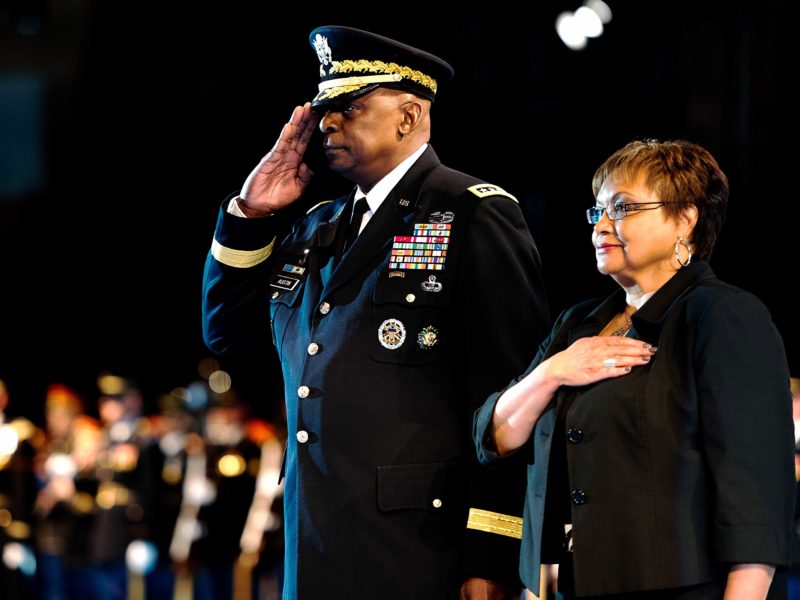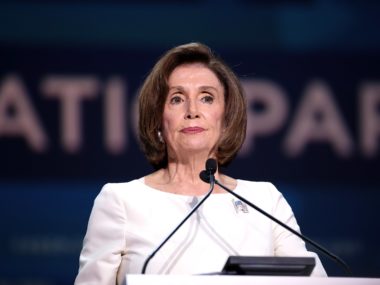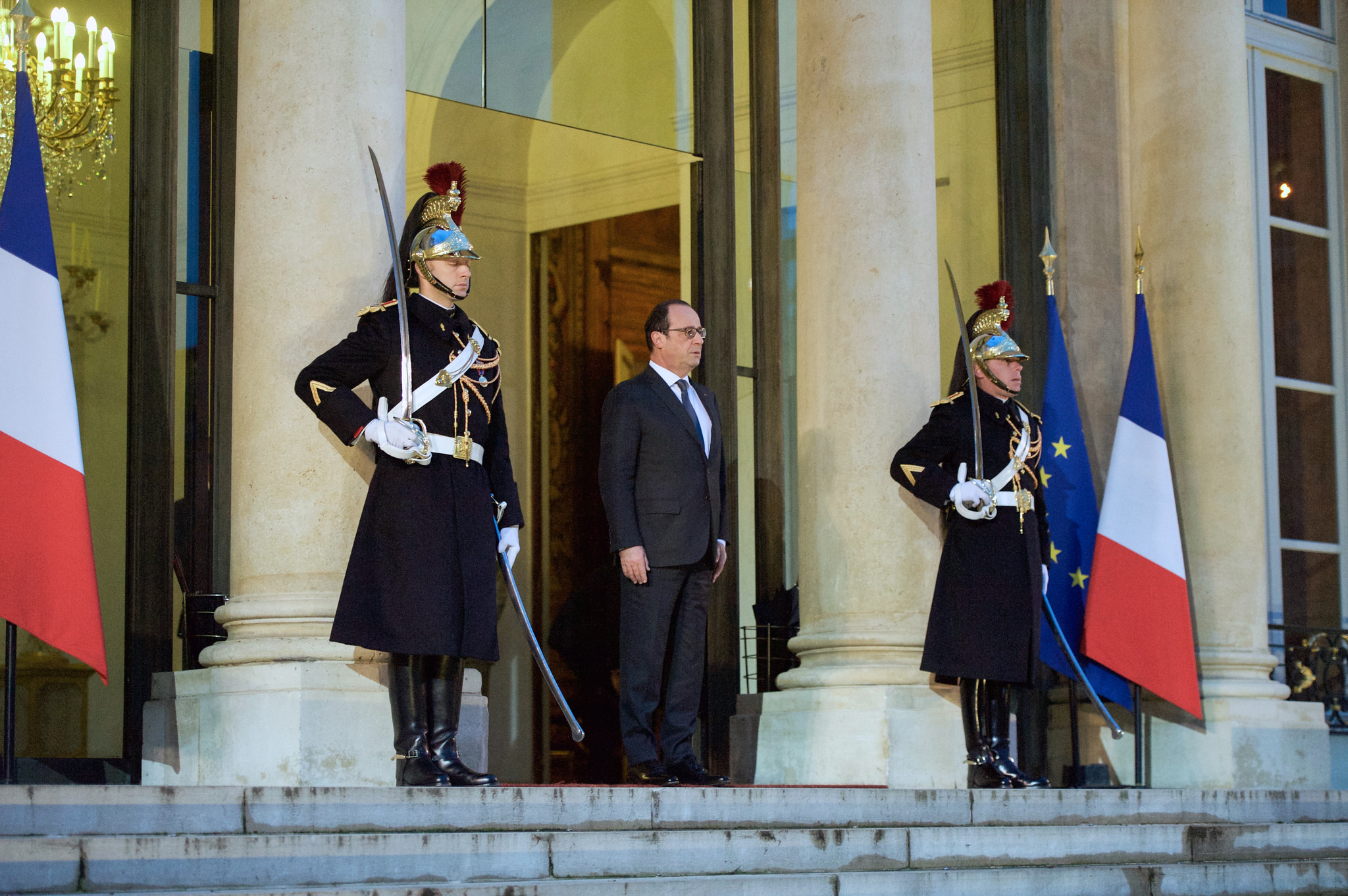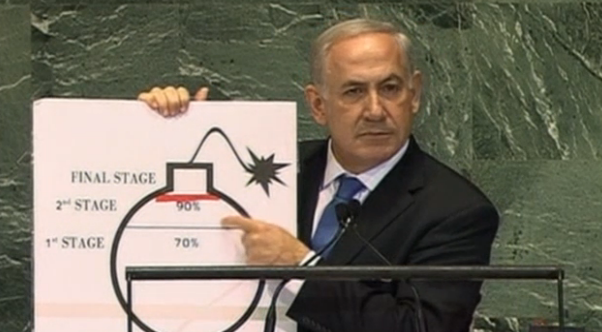On Tuesday, sources confirmed that President-elect Joe Biden’s nominations for the cabinet would include retired Army general Lloyd Austin, marking the second consecutive administration to name a retired general officer—who will require a waiver from Congress as James Mattis did—to lead the Pentagon. Austin, the former commander of United States Central Command, edged out former Obama administration official Michelle Flournoy, who had long been considered the front runner for the job.
The pick was surprising considering the Democratic party platform’s explicit call to “advance competent civilian control” of the military. With the military becoming increasingly entangled in domestic politics—from the debate over Confederate base naming, to the use of active-duty troops in response to the George Floyd protests in June—Biden’s pick once again puts the armed forces in the political spotlight.
How might the military itself might feel about such a move? Our recent survey provides some clues. Using the online platform Qualtrics, we fielded our survey to 1,472 cadets at the United States Military Academy at West Point. Respondents were generally juniors and seniors at the Academy, between one and two years away from commissioning as active-duty Army officers. The survey asked a variety of descriptive questions regarding the role of the military in policy planning and the propriety of partisan activity by service members.
How do servicemembers feel about being involved in partisan politics?
So how do future military officers feel about involvement in partisan politics? The short answer is: it’s complicated. The military professional tradition in the United States has historically privileged the so-called “apolitical norm”—the belief that officers should limit their efforts to fighting and winning wars and avoid all things “political.” This mode of socialization has characterized the education of military officers for decades, but, as Risa Brooks suggests, it may oversimplify things. The military is an inherently political institution; a more accurate (and desirable) professional norm might therefore be a “non-partisan” norm, wherein the military is a trustworthy source of information beyond partisan reproach.
But new military officers have mixed feelings about this idea. We asked respondents how much they agreed with a series of statements regarding the military’s role in society and partisan politics. In some respects, military students expressed a healthy desire for distance from partisan politics: for example, only 13 percent of respondents agreed that it was acceptable for servicemembers to talk about politics on social media. This encouraging finding suggests that West Point’s focus on tying social media behavior to professional norms is having a positive effect, especially since prior survey research found a significant portion of cadets had engaged in political discussions on social media. However, a third of respondents (33 percent) believed it was acceptable to complain about politicians in the workplace. While a minority, this still makes up a sizable portion of the community sanctioning such behavior.
The survey audience was similarly split on issues governing the politicization of the military as an institution. On the question about politicians giving partisan speeches to military audiences—such as President Trump’s July 2017 remarks to the crew of the USS Gerald R. Ford, in which he asked servicemembers to “call that congressman” in support of his budget agenda—36 percent approved of such behavior while only 39 percent disapproved. The sample was also divided on the question of whether it is appropriate for retired officers to criticize the civilian administration’s handling of national security (35 percent approve / 38 percent disapprove), as many did following Trump’s decision to withdraw from Syria, or to strip political opponents of their security clearances.
What might be behind this conflicted set of views?
Partisanship is one reason. Just as in so much of American life, our survey found that partisanship was a significant factor in how our military respondents viewed their place in partisan politics. Republican respondents were nearly four times more likely than Democrats to believe that “one party makes better decisions in national security than the other,” and four times more likely to agree that “most people I know in the military share my partisan views.” Our survey respondents—like the military in general—were far more Republican than the country at large, which raises concerns given the growing closeness of the military and political party organizations.
Further politicization of the military could soon follow. Among the cadets we surveyed, 57 percent agree that the Secretary of Defense should have served in uniform, while 50 percent agree that more retired general officers in the cabinet would be “good for the country.” These findings suggest that reliance on retired military officers for high political appointments has become not only commonplace for these junior servicemembers, but expected.
What does this mean for American democracy?
The insulation of institutions like the military from partisan politics has long been considered an essential trait of a healthy democracy. But the frequent appearance of retired military officers in high-ranking positions in government is likely to make such insulation difficult. Our research suggests changing attitudes among junior officers about the nature of civil-military relations. While schooled in the importance of the “apolitical norm,” individual partisanship can override these normative constructs. Austin’s appointment reflects a shifting political landscape, and potentially a growing and concerning politicization of the armed forces.
Risa A. Brooks is the Allis Chalmers Associate Professor of Political Science at Marquette University, non-resident senior associate at the Center for Strategic and International Studies, and adjunct scholar at West Point’s Modern War Institute. Michael A. Robinson is an assistant professor of international affairs at the US Military Academy at West Point and an active-duty Army strategist. Heidi A. Urben is an adjunct associate professor in Georgetown University’s Security Studies Program, adjunct scholar at West Point’s Modern War Institute, and a retired Army colonel. The views expressed are those of the authors and do not reflect the official policy or position of the Department of the Army, the US Military Academy, the Department of Defense, or any part of the US government.






